South Africa has banned the practice of breeding lions in captivity. This landmark move has been a decade in the making.
As a sought-after Big Five safari destination, South Africa’s commercial captive lion industry—lion-cub petting and canned trophy hunting in particular—has come under intense scrutiny from global animal protection bodies, environmental groups, and the tourism sector.
Africa’s lions are regarded as an endangered species, and these commercial practices further fuel the trade of lion bones for medicinal purposes, which is said to be rife in Asian markets.
A national audit shows that an estimated 7,838 lions are held captive in 342 facilities across South Africa. Additionally, 2,315 other captive carnivores, such as tigers, cheetahs, caracals, and servals, are also in captivity.
Phased-out Approach to Lions in Captivity
Eight exit options, with a phased-out approach over the next two years, for the voluntary closure of the captive lion industry were approved by Cabinet at the end of March. The measures formed part of a Ministerial Task Team report sanctioned by South Africa’s Minister of Forestry, Fisheries, and the Environment (DFFE) Barbara Creece.
Creece stated that while the voluntary exit options have been approved, it was vital to consider the “socio-economic impacts, particularly on vulnerable workers, while prioritizing the captive lions’ well-being.”
According to employment data in the North West and Limpopo provinces of South Africa, the estimated number of employees in the captive lion industry nationally is between 1,568 and 2,069. These two provinces, together with the Free State, are the country’s leading provinces involved in the captive lion industry.
The MTT report was approved days after DFFE released its policy position on the Conservation and Sustainable Use of Elephants, Lions, Leopards, and Rhinoceros. “South Africa’s priority is to secure the survival of species in the wild.
“This policy position has been developed to clarify policy intent in respect of conservation and sustainable use of white and black rhinoceroses, lions, elephants, and leopards,” said Creece.
The MTT report further outlined measures to end commercial practices around rhinos in captivity.
READ: South Africa’s Mega Landscapes Plan: Conservation boost or Nature Risk?
View this post on Instagram
No Requirement to Rewild Captive Lions
While the international animal protection body World Animal Protection (WAP) welcomed the first steps to close the captive lion industry, it has raised concerns that the phase-out window allowed lion farmers to provide canned hunts and legally trade lion bones.
“The mass-incineration of lion bone stockpiles is of great relief given concerns that a reintroduction of lion bone exports would risk stimulating demand among Asian consumers and act as a cover for illegally sourced lion parts,” said Neil D’Cruze, Head of Wildlife Research at World Animal Protection (WAP).
However, D’Cruze stated “the opportunity for lion farmers to legally provide canned hunts and trade lion bones domestically during the phase-out window underscores the need for urgent action.”
“There is no conservation requirement to rewild captive or captive-bred lions because there is a surplus of metapopulation lions in South Africa,” added D’Cruze.
Noting a potential change in ministers as South Africa heads to the poles, there is a need to “urgently implement actual timelines for a staged approach to put an end to these unethical and cruel practices,” said Dr Louise de Waal, Director at Blood Lions, an internationally acclaimed body behind the documentary of the same name that sparked an international outcry on canned lion hunting in South Africa.
MTT Report Mandatory Prerequisites Include:
A. Humane euthanasia of compromised lions
B. Population control, preferably by surgical sterilisation
Most Viable Voluntary Exit Options Involving Live Captive and/or Captive-bred Lions in Order of
Priority:
1) Humane euthanasia of all lions and permanent exit from the industry
2) Phase out through trade opportunities for a period of 24 months
3) Surrender of lions to lion safe havens
Less Viable Voluntary Exit Options Involving Live Captive and/or Captive-bred Lions:
4) Surrender of lions to authorities
5) Repurposing of an existing facility to a lion safe haven
6) Repurposing of an existing facility for biodiversity conservation and sustainable use
Viable Voluntary Exit Options Involving Lion Bone Stockpiles:
7) Lion bone stockpiles surrendered to authorities
8) Lion bone stockpiles for trade out (domestic) for a period of 24 months
Discover Africa is all about real safari adventures. We avoid places with questionable activities like lion-cub petting. We choose to work with partners who ascribe to responsible tourism and sustainable best practices that conserve and care for Africa’s natural heritage and wildlife for the long term. Contact our travel experts to start planning your authentic lion safari.









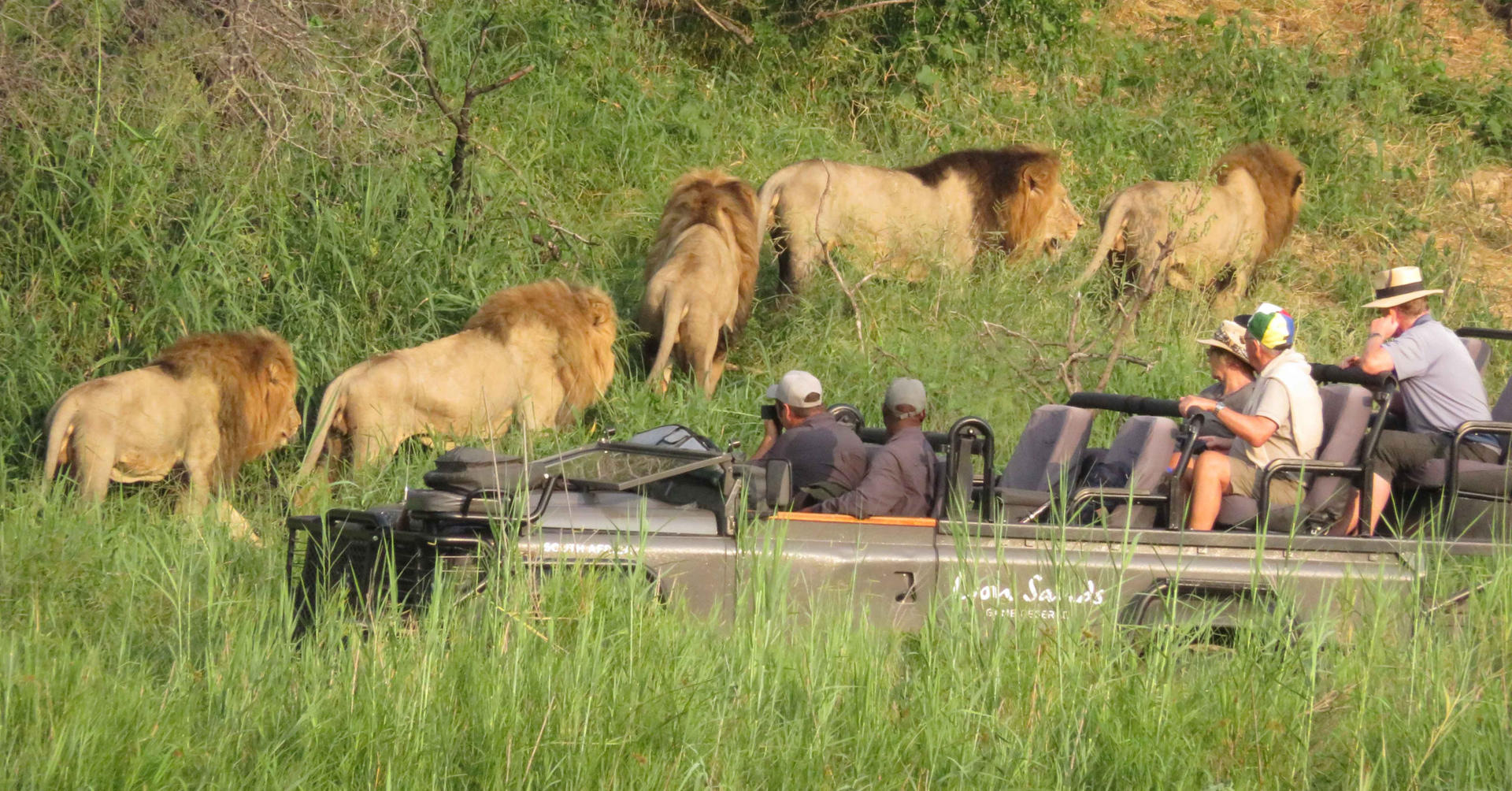
 Copy Link
Copy Link
 Share on LinkedIn
Share on LinkedIn
 Share on Facebook
Share on Facebook
 Blog List
Blog List




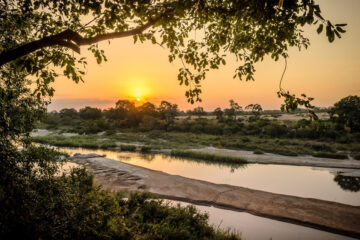
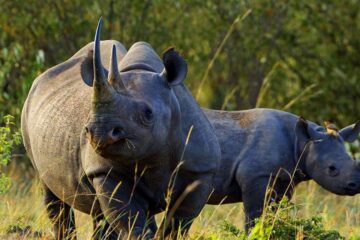
 30 January 2024
30 January 2024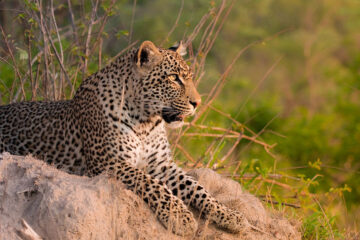
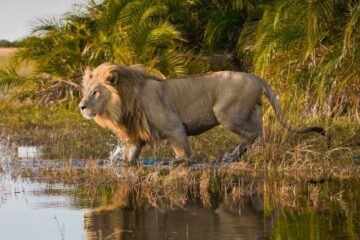
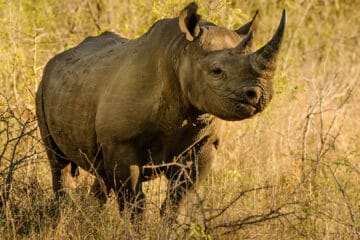











Author: Selene Brophy
Published: 4 April 2024
Last Update: 4 April 2024